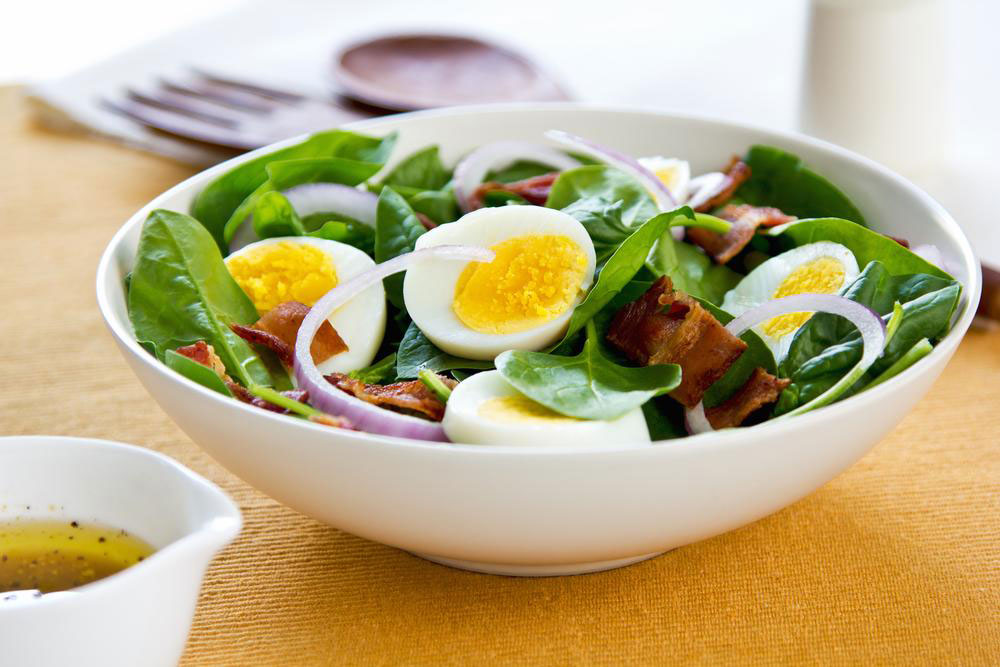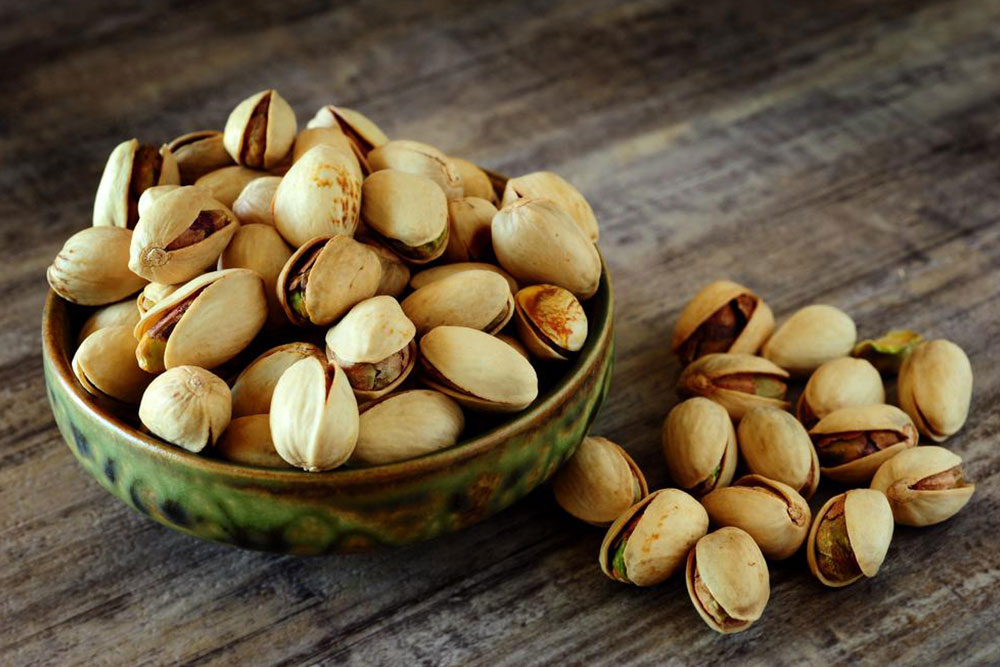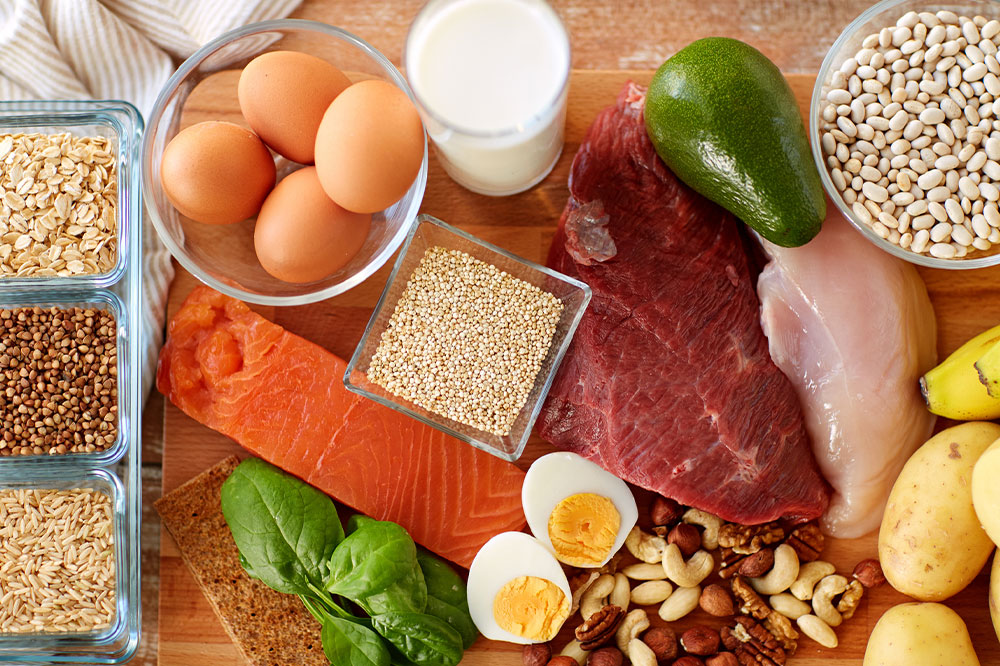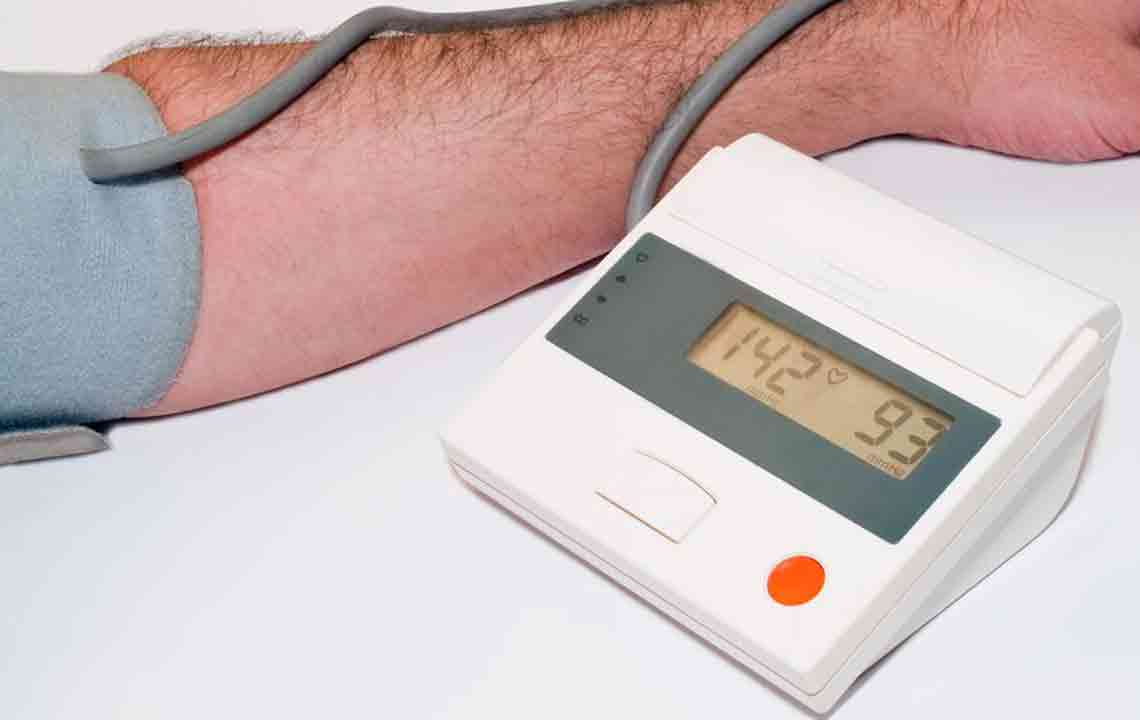Comprehensive Guide to Top 8 Nutrient-Rich Protein Sources for Optimal Health
Discover the top 8 nutrient-rich sources of protein vital for maintaining good health, supporting muscle growth, and enhancing immunity. Learn how to incorporate eggs, fish, dairy, legumes, nuts, and more into your diet with delicious recipes and practical tips, ensuring a balanced intake suitable for all ages, especially teenagers seeking optimal growth and development.

Proteins are fundamental nutrients that play a crucial role in maintaining and enhancing overall health. They serve as the building blocks for our body's tissues, muscles, enzymes, and hormones. Adequate protein intake is essential for repairing damaged tissues, supporting muscle growth, promoting immune function, and maintaining healthy skin and hair. Whether you're aiming to build muscle, manage weight, or simply maintain good health, incorporating diverse and nutrient-dense protein sources into your diet can make a significant difference. Understanding the best protein-rich foods and how to include them in your daily meals can help you achieve optimal wellness.
According to dietary guidelines, the recommended dietary allowance (RDA) for protein is approximately 0.8 grams per kilogram of body weight. For personalized needs, multiply your weight in kilograms by 0.8 to determine your daily protein requirement. For example, a person weighing 70 kilograms should aim for about 56 grams of protein daily. However, individual needs may vary based on activity level, age, health status, and fitness goals. For instance, athletes or those engaging in intense physical activity may require higher protein intake to support muscle recovery and growth.
Why Protein is Vital for Teens
Adolescence is a critical period characterized by rapid growth and development. During this stage, teens require increased protein intake to support muscle development, bone growth, and immune system strengthening. A diet rich in high-quality proteins also helps improve concentration and energy levels, which are vital for academic success and active lifestyles. Unfortunately, many teenagers tend to favor convenience foods high in unhealthy fats and sugars, which can compromise their nutritional intake. Incorporating wholesome, protein-rich foods is vital for maintaining optimal health and supporting their developmental needs.
Top 8 Nutrient-Dense Protein Sources
Including a variety of protein sources in your diet ensures you benefit from different essential amino acids, vitamins, and minerals. Here are the top eight nutrient-dense protein sources that should be part of your diet:
1. Eggs
Eggs are one of the most complete sources of high-quality protein, containing all essential amino acids necessary for bodily functions. They are affordable, versatile, and rich in vital nutrients such as choline, vitamin D, and B vitamins. A single large egg provides about 6 grams of protein, making it an excellent addition to breakfast or snacks. Cooking methods like boiling, scrambling, or making omelets can increase the variety and enjoyment of eggs in your diet.
2. Fish and Seafood
Fish, particularly fatty varieties such as salmon, mackerel, sardines, and tuna, are exceptional sources of protein and omega-3 fatty acids. Omega-3s are crucial for brain health, reducing inflammation, and supporting cardiovascular health. Fish typically provides about 20-25 grams of protein per 3-ounce cooked serving. Including fish in your meals at least twice a week can promote overall health and well-being.
3. Dairy Products
Milk, yogurt, cheese, and other dairy products are excellent sources of high-quality protein, along with calcium and vitamin D, which are vital for bone health. Greek yogurt, in particular, is notably protein-rich, offering up to 20 grams of protein per serving. Incorporating dairy into your meals can enhance taste and nutritional value.
4. Beans and Legumes
Beans, lentils, chickpeas, and other legumes are plant-based proteins that are also rich in dietary fiber, vitamins, and minerals. They are particularly beneficial for vegetarians and vegans seeking plant-derived protein sources. A half-cup of cooked lentils can provide approximately 9 grams of protein. These foods are versatile and can be added to salads, soups, stews, or made into spreads like hummus.
5. Nuts and Seeds
Nuts such as almonds, walnuts, pistachios, and seeds like chia, flaxseeds, and pumpkin seeds are nutrient-dense, providing good protein content along with healthy fats, fiber, and antioxidants. A small handful of nuts can contribute around 5-7 grams of protein, making them ideal for snacks or toppings on oatmeal and yogurt.
6. Poultry Meat
Chicken and turkey are popular lean protein sources that are low in saturated fat but high in essential amino acids. Skinless poultry provides about 25 grams of protein per 3-ounce cooked portion. They are versatile ingredients suitable for a wide range of recipes, from salads to main courses.
7. Tofu and Tempeh
For vegetarians and vegans, soy-based products like tofu and tempeh serve as excellent protein alternatives. Tofu contains roughly 10 grams of protein per half-cup, while tempeh offers even higher protein content of around 15 grams per half-cup. These soy foods are rich in isoflavones and can absorb flavors well, making them ideal for stir-fries, sandwiches, and salads.
8. Quinoa and Whole Grains
Unlike most grains, quinoa is a complete protein, containing all essential amino acids. It provides approximately 8 grams of protein per cooked cup. Other whole grains like brown rice, barley, and whole wheat bread contribute additional protein and fiber, supporting digestive health and sustained energy levels.
Making Protein Intake Enjoyable and Sustainable
Integrating these diverse protein sources into your daily meals requires planning and creativity. Delicious, nutritious recipes like egg sandwiches loaded with veggies, oatmeal topped with nuts and fruits, quinoa salads with grilled vegetables and lean meats, or smoothies blended with tofu or nut butters can make meeting your protein needs enjoyable. Including teens in meal preparation not only encourages healthy habits but also makes them more engaged in choosing nutritious foods.
Additional Tips to Maximize Protein Benefits
Opt for lean cuts of meat and low-fat dairy to reduce saturated fat intake.
Combine plant-based proteins, such as beans and grains, to ensure you get all essential amino acids.
Plan meals ahead to incorporate a variety of protein sources throughout the week.
Stay hydrated and maintain a balanced diet rich in fruits, vegetables, and whole grains.
Conclusion
Prioritizing nutrient-dense protein sources in your diet plays a pivotal role in supporting overall health, muscle development, and immune functions. Incorporating a wide range of foods like eggs, fish, dairy, legumes, nuts, poultry, tofu, and whole grains ensures your body receives all the essential amino acids and nutrients it needs. For teens and adults alike, making protein intake a tasty, varied, and consistent part of daily eating habits sets the foundation for long-term health and vitality. Remember, a balanced diet combined with regular physical activity is key to achieving optimal health outcomes.





